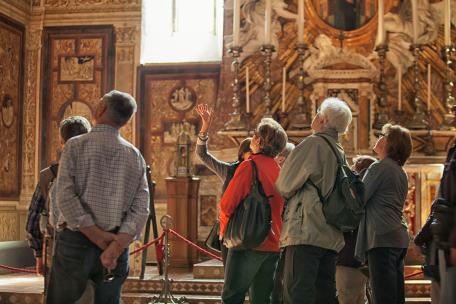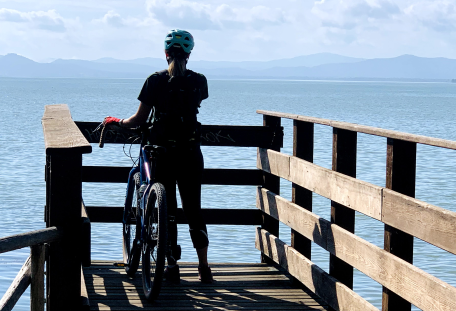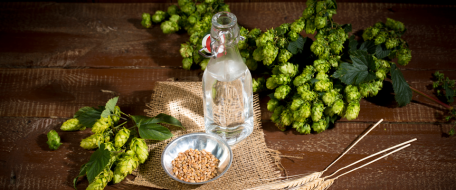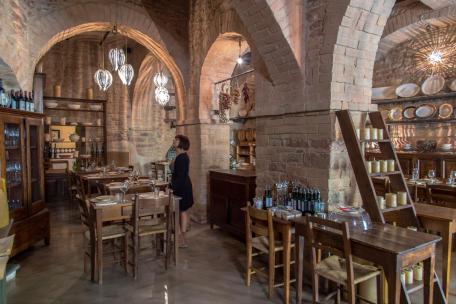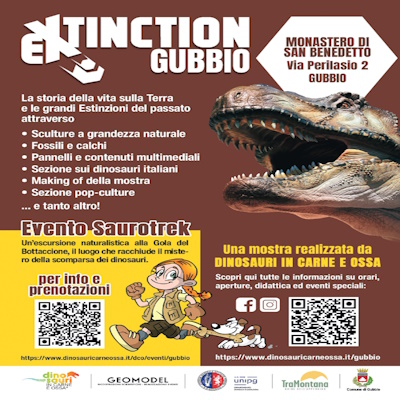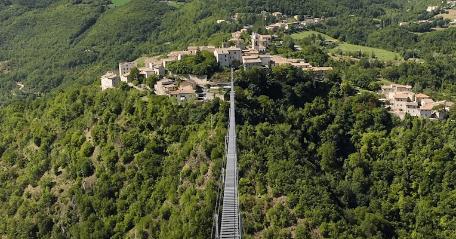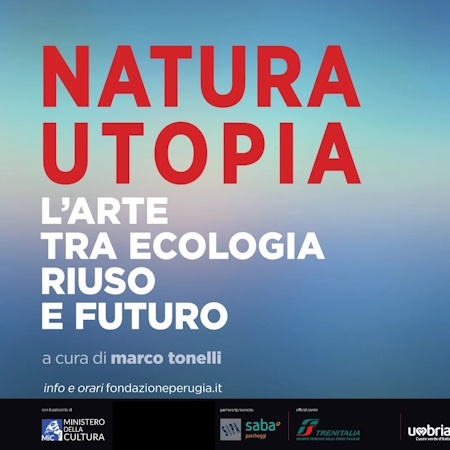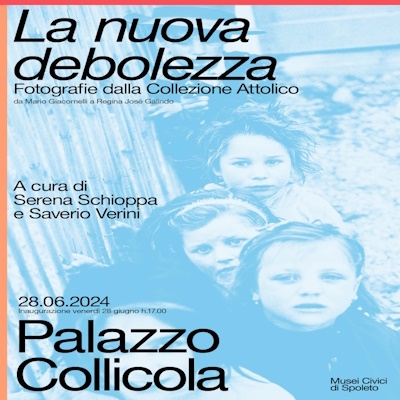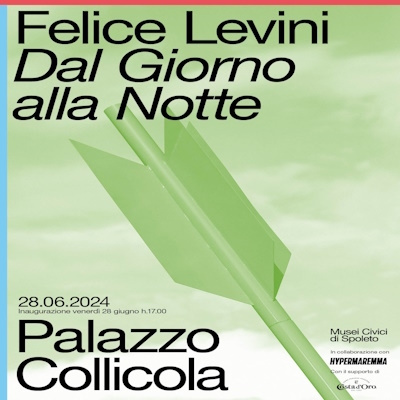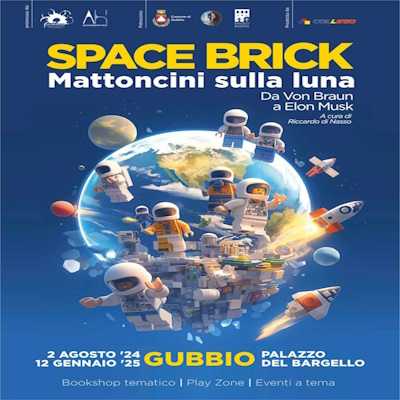Umbria: a region to be loved, experienced, explored. A land to find one's inner peace and well-being.
Walking, cycling, or on horse-back: the itinerary we suggest today is suited to any preference. The starting point is Ferentillo, a town built in the distant year 740 by Liutprandus, king of Langobards.
Crossed by the Nera river, the town is divided in the Precetto and Matterella neighbourhoods. Worth visiting in the former are the church of Santo Stefano, dating from the 12th century, the mummy museum, and the medieval fortress. In the latter part is the convent of Santa Maria, from the 13th century, which contains important frescoes painted by artists belonging to Raphael's school, is also worth seeing.
Continuing on our path we travel down part of the old mule-track, which used to connect the towns of Spoleto and Monteleone. We thus reach Gabbio, a pre-Romanesque town in the heart of Valnerina which owes its fortunes to its strategic position, characterized by a particularly favourable climate. We then come to Lorino, an agricultural community which also includes the church of San Giovanni Evangelista, a late-Romanesque building dating from between the 13th and the 14th centuries.
We climb up towards Forca and then descend towards the journey's real destination, the abbey of San Pietro in Valle. The building was founded in the 4th century by two hermits over the foundations of an older pagan structure. The actual builder of the church was Faroaldo II, Duke of Spoleto. In time, after collapses and various damage, the abbey was restored and connected to the basilica of San Giovanni in Laterano.










